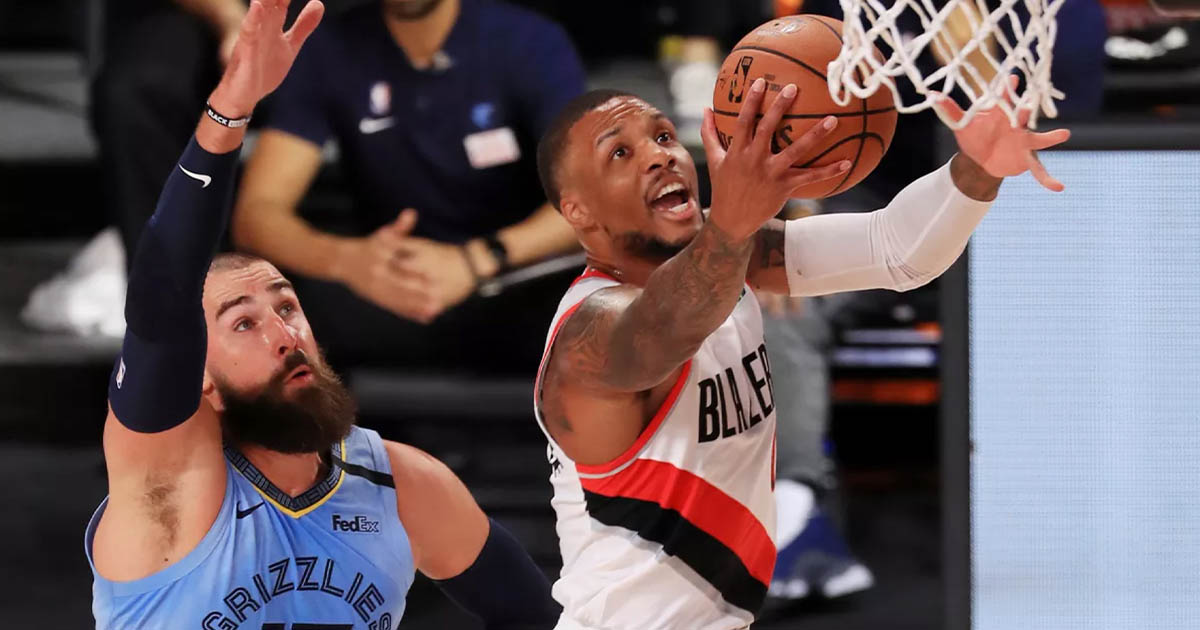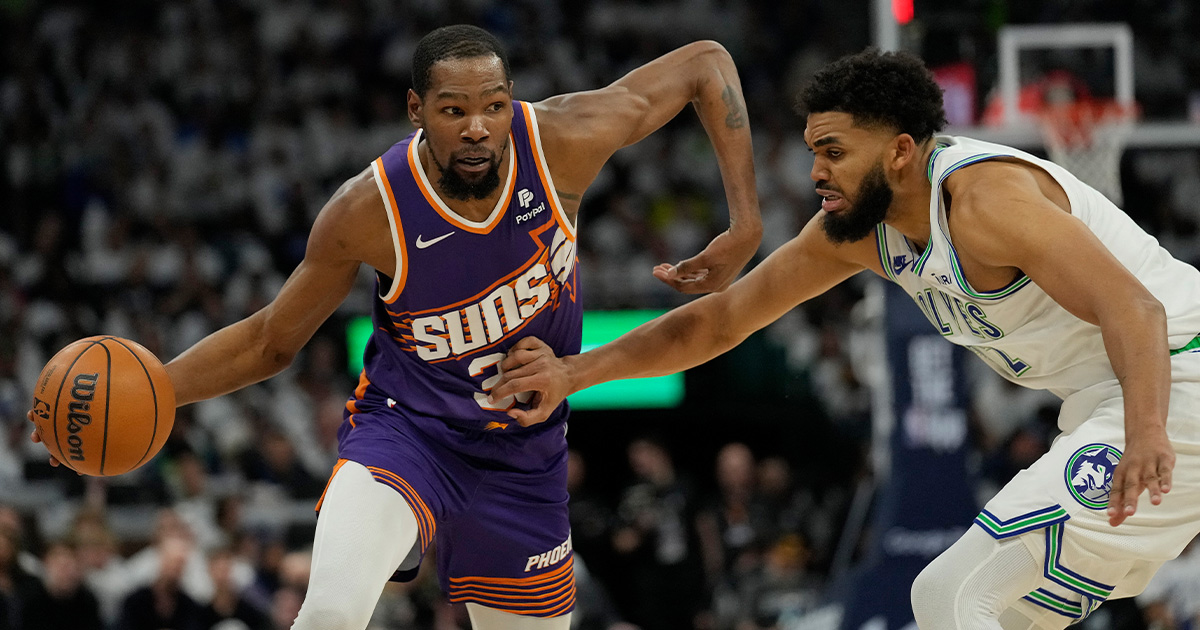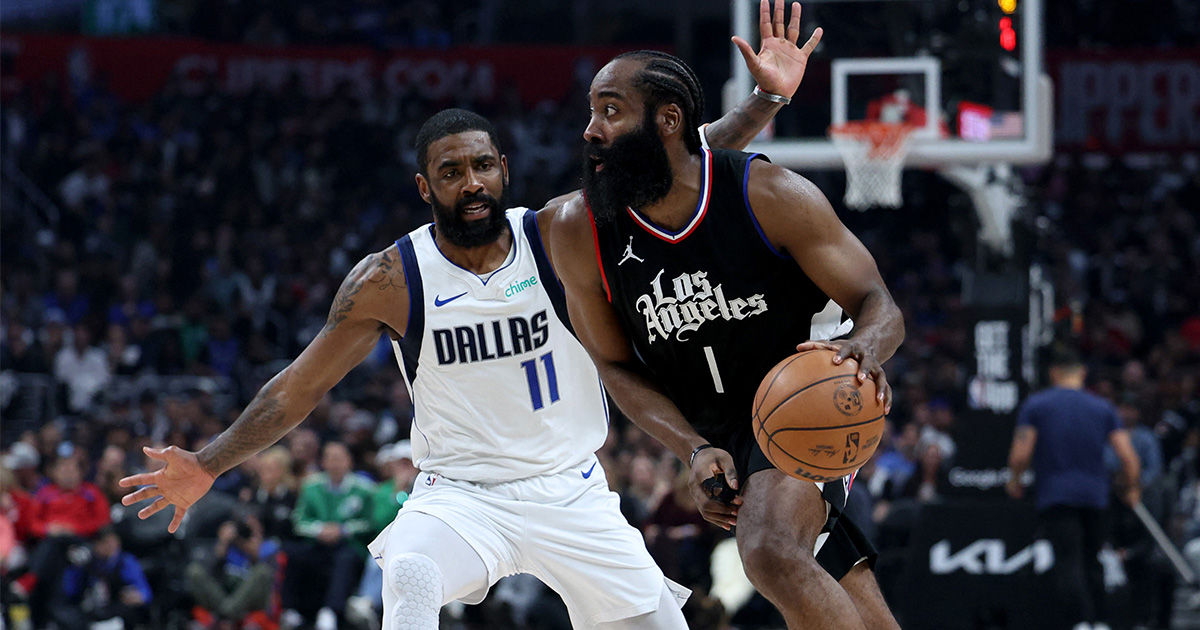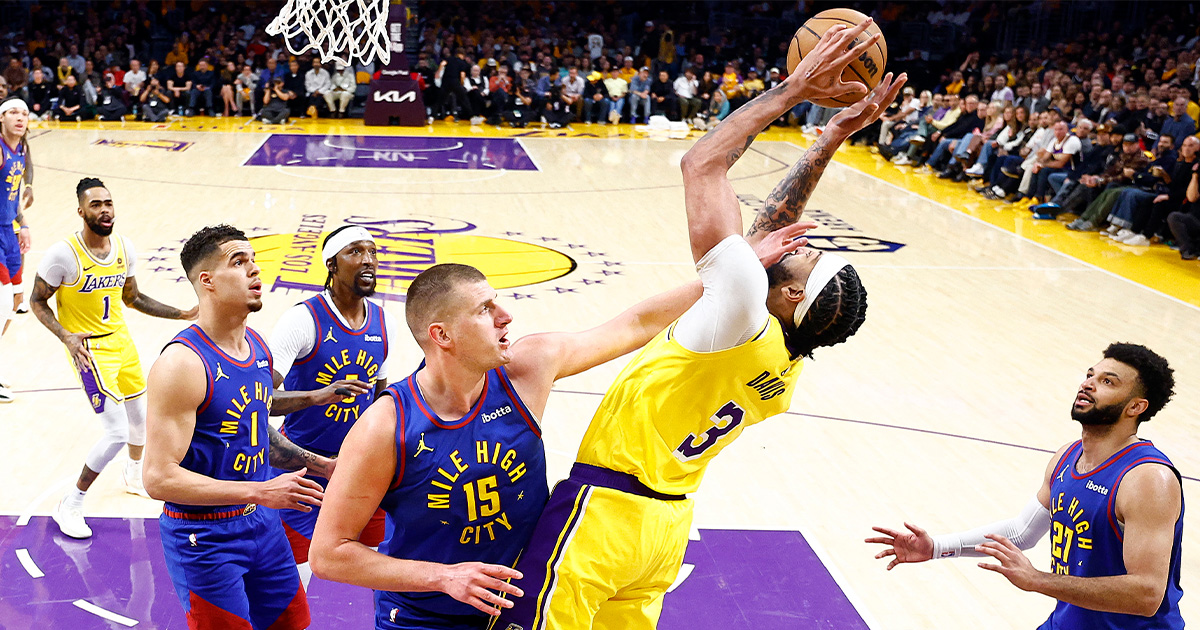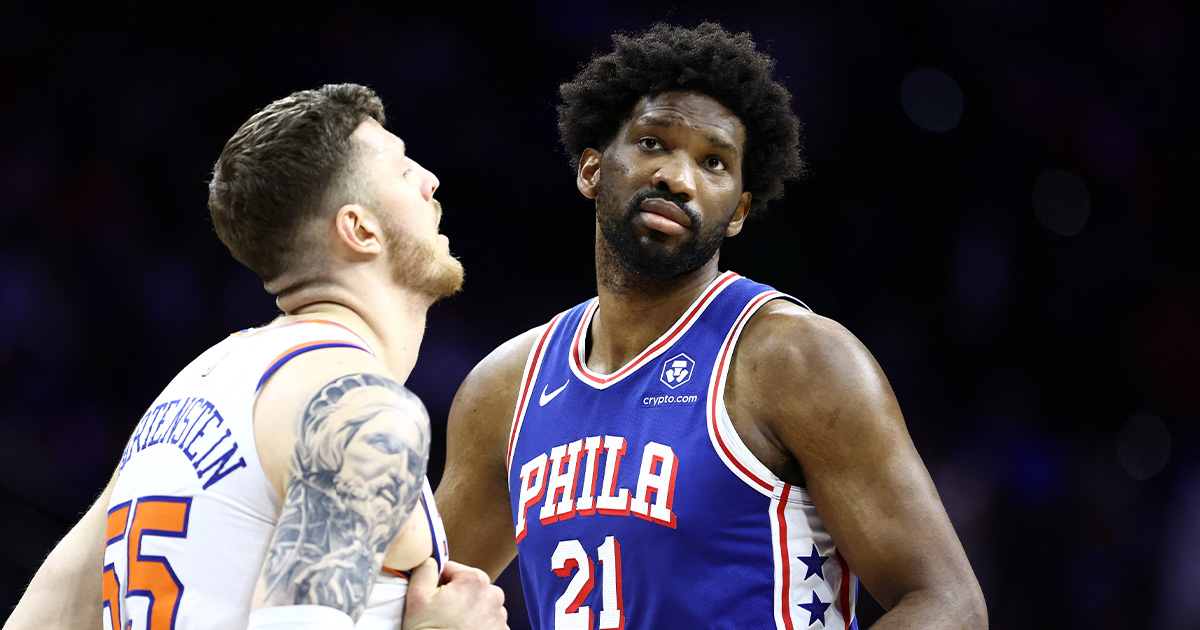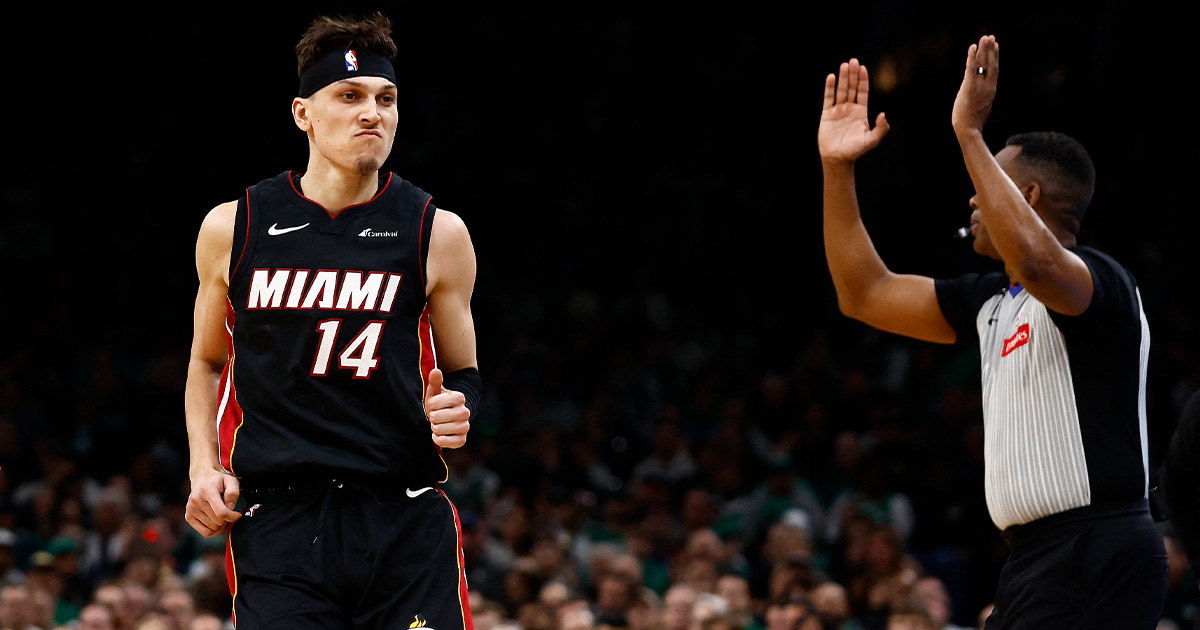The NBA league office deserves all the praise for successfully pulling off the NBA bubble. They went through hell trying to put the season back together, which was a big gamble in itself as the plan would’ve caused a massive PR nightmare had it failed.
Thankfully, it worked out just fine.
Between all of that, the league also had to be creative in developing a schedule to finalize the regular season and playoff seedings. It was probably hell too as they needed to please the players and team executives.
In the seeding rules was the play-in tournament, wherein the race of the eighth and final playoff spot on both conferences had an extra condition.
As opposed to the norm, the eighth seed must lead the ninth-seed by at least five games after the last day of the regular season. If not, there will be a playoff play-in between the two – no.8 will only need one win to advance, while no.9 will have to win two.
Like the health protocols, it all worked out fine as well, so much so that the league brass is rumored to be considering using the rule again. The first iteration resulted in a match-up over at the Western Conference between the Portland Trail Blazers and Memphis Grizzlies, which turned out to be an entertaining showdown that the Blazers won in overtime.
So, should they run it back? The simple and reasonable argument as to why they shouldn’t is that the season is long enough, so having this added stipulation seems unnecessary. On the other side, however, are equally good reasons why they should, and there’s a couple of them. Let’s explore.
Players go berserk
The play-in adds motivation and it leads to players going nuclear – Damian Lillard’s scorching run in the bubble is exhibit A. He averaged an astounding 44.2 points per game over his last five seeding games to push the Blazers into the play-in.
Devin Booker was on a similar boat. He and the Phoenix Suns were on a tough climb, so he went on a tear, averaging 31 PPG on 52.1% shooting and leading the Suns to a perfect 8-0 card in the bubble. They ultimately failed to earn a spot, but it’s another example of what the stipulation brings out to such players.
No “what ifs”
Oftentimes, the bottom seeds are tight in standings, and there’s that big “what if” whenever the other team gets bounced out if it’s really, really close. A good example happened in 2015, when the 45-37 New Orleans Pelicans edged out the 45-37 Oklahoma City Thunder for the eighth spot through winning the season series. The Pels were an upstart team with a young Anthony Davis, while the West-contending Thunder only fell-off because then-reigning MVP Kevin Durant was out for much of the season.
Had the Thunder advanced, who’s to say they would not have beaten the Golden State Warriors in the first round? Mind you, those were the less-experienced Warriors who are still looking for their first ring.
It keeps teams on their feet
We always see teams rest their guys towards the end of the season, either because they’ve virtually clinched the spot or it’s out of reach, which is understandable but also kind of frustrating. With the five-game lead rule, there will be none of that, and we’ll likely see competitive play for the whole season.

